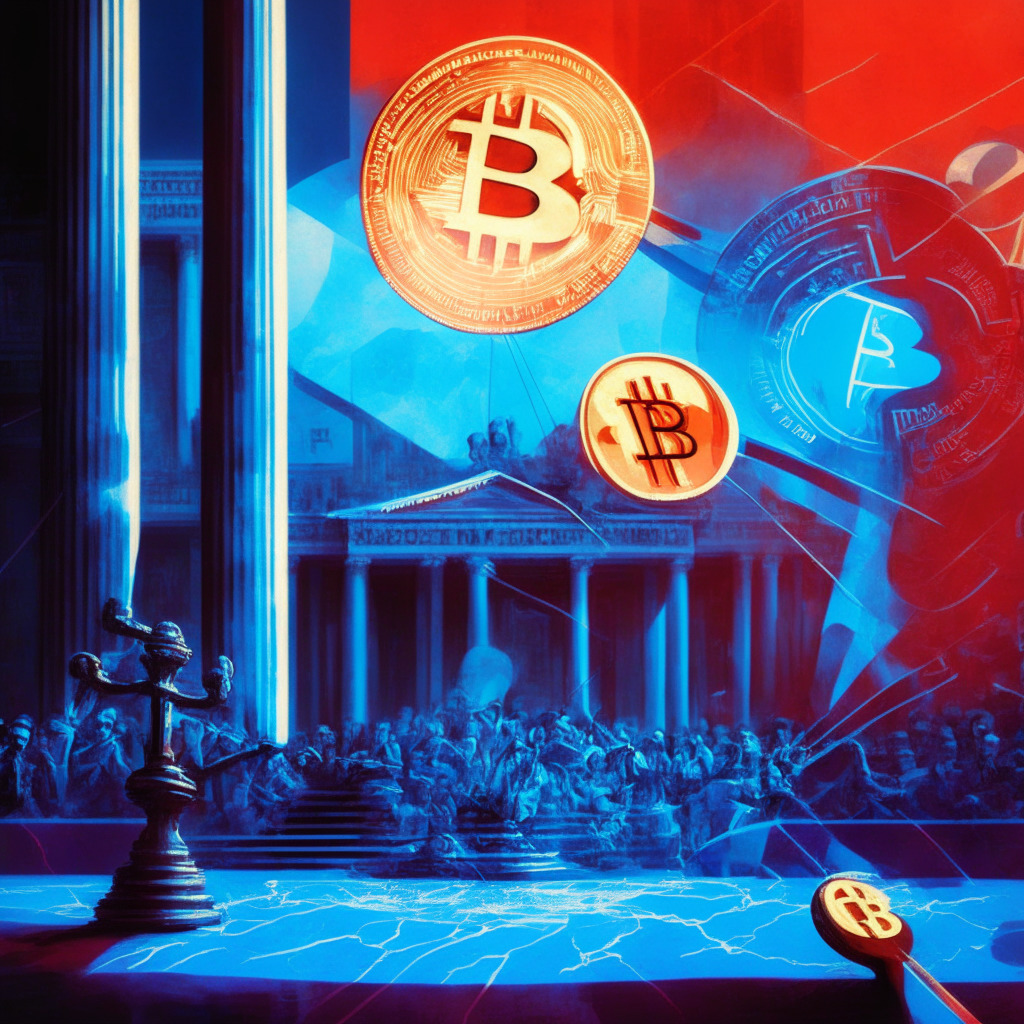The U.S. Securities and Exchange Commission’s (SEC) ongoing crackdown on crypto market businesses in 2022 has done little to impact asset prices, with the Bitcoin price significantly climbing by 60% since the beginning of 2023. In light of this, the Ripple Vs SEC lawsuit is viewed by many as a potential turning point in the United States’ approach to crypto regulation.
The XRP token holder community is not only awaiting Judge Analisa Torres’ Summary Judgement in the SEC lawsuit but also the impending deadline of June 13, 2023, for making the Hinman documents public. However, the outcome of this high-profile legal battle may not be the blanket solution some expect.
Former SEC senior trial counsel, Nick Morgan, recognized the role individual XRP token holders have played in supporting the lawsuit. However, he warned that the SEC could continue to challenge other crypto lawsuits even if Ripple prevails in its court case.
Morgan explained that the SEC might present Ripple’s victory as a one-off case specific to the situation, thus not setting a legal precedent for other crypto businesses to build their defense upon. Given this possibility, the community should remain cautious in anticipating a monumental shift in the U.S. legal landscape regarding crypto regulations.
Ripple, on its part, has aggressively fought the lawsuit, reportedly spending upwards of $200 million in legal fees. This certainly highlights the significant stakes involved in the ongoing dispute between the SEC and the company.
Despite the uncertainty, some financial institutions have recognized positive aspects of XRP’s technology. For example, HSBC recently lauded the XRP Ledger as a game-changer in the realm of distributed ledger technology.
In conclusion, as Ripple takes on the SEC in a legal battle, the outcome of the case may not necessarily set a new precedent for crypto regulation in the U.S. Although a victory would bring relief to thousands of XRP holders, caution should be exercised, since the broader implications for the industry may not be as clear-cut. The case demonstrates the complexities involved in regulating cryptocurrencies and highlights the need for comprehensive and clear legislation to govern this exciting, rapidly evolving market.
Source: Coingape




